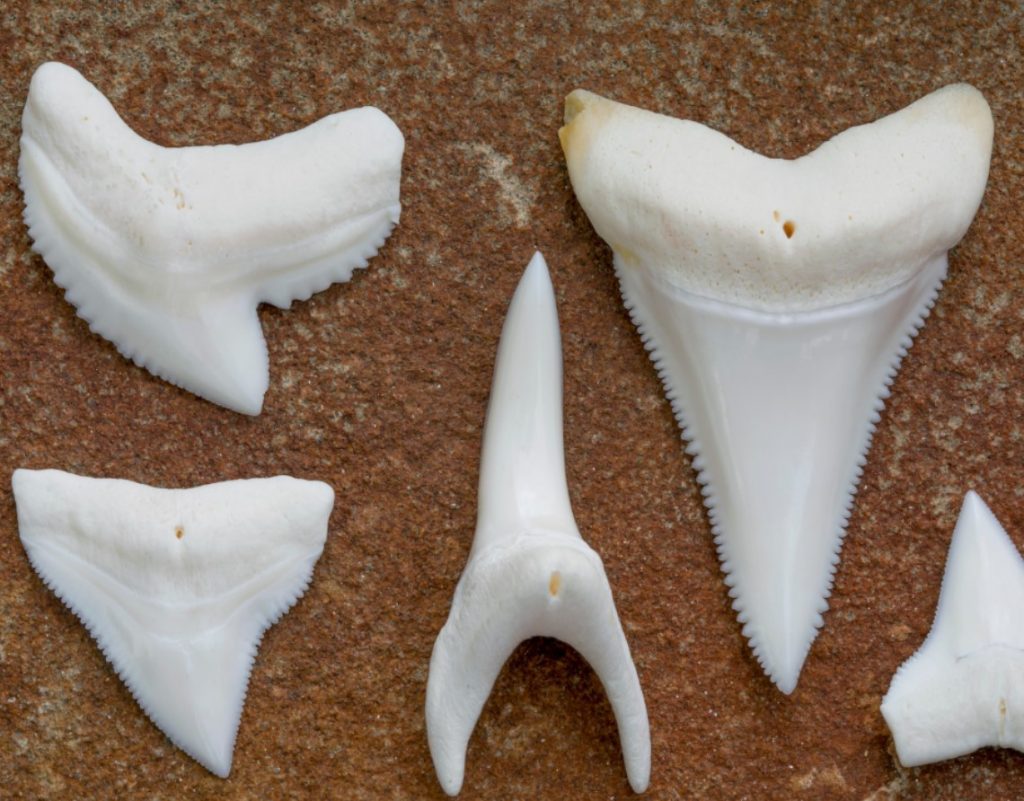When we think of the Caribbean, we often imagine clear turquoise waters and shallow coral reefs. Lobster and queen conch are not only economically important as prized fishery products, but also have deep cultural roots in local communities. However, the tides have shifted. Over recent years, as coastal finfish, lobster, and conch stocks have declined, many fishers have turned to deeper blue waters to supplement income during closed seasons or to offset low catches in shallower waters. This fishery is becoming increasingly important in the area, as demand for high quality fish continues to increase for local and tourism consumption.
Fish that live in depths greater than about 100 m (300 feet) tend to be longer lived, slower growing, and reproduce later than their shallow counterparts, making them more vulnerable to overfishing. In our latest publication, we embarked on a journey to unravel the mysteries of the deepwater fisheries in Belize and Honduras. We wondered whether the larger, well-established fishery in Honduras has affected the populations of deepwater fish, in contrast to Belize’s relatively young and much smaller fishery – in effect we were trying to look into the future of Belize’s deepwater resources to see what could happen if the fishery continues to expand on its current rapid course. To do this we conducted scientific longline and camera studies to measure the abundance and distribution of deepwater fishes in Belize and Honduras.
Our findings divulged a compelling story of disparity. Fish in Honduran waters were consistently smaller and less abundant compared to their Belizean counterparts. This indicates that long-term use of the fishery in Honduras has reduced the number and the size of fish in depths between 100 and 500 meters. We also found that the fish in Honduras tended to be at shallower depths, compounding their vulnerability to fishing by being within range of shallower fishing effort. Our research also highlighted that temperature was a pivotal factor shaping fish distribution, even in the ocean’s profound depths. This discovery underscores the interconnectedness between species’ well-being and the broader context of climate change. In essence, our study offers a foundational understanding of the deepwater fisheries in these Caribbean nations.
The message is clear: effective management strategies are imperative to safeguard the future of this fishery and we advise a conservative approach to the management of these species, with considerations of time area closures for the most vulnerable species, especially the centenarian grouper species.
Find the full research paper here.



